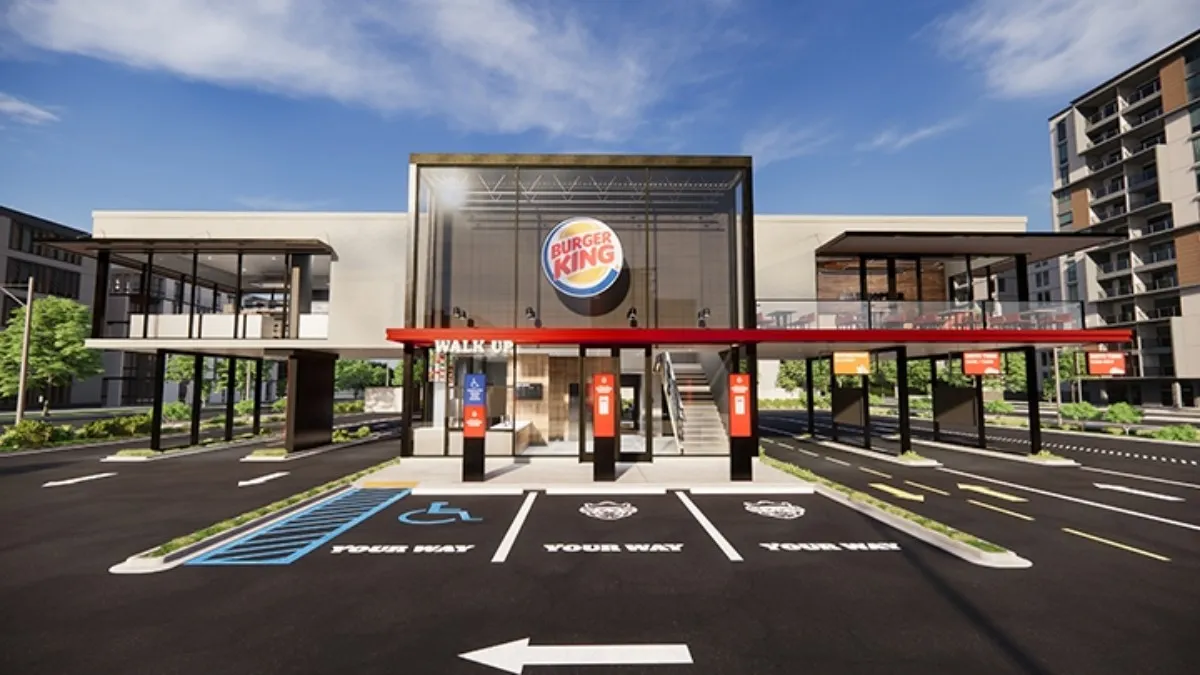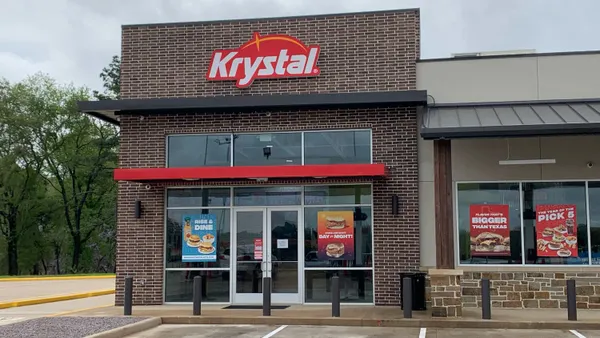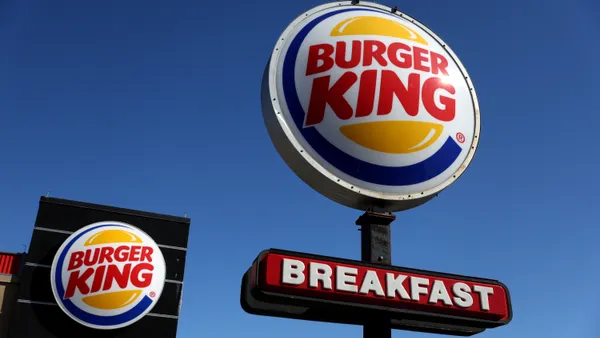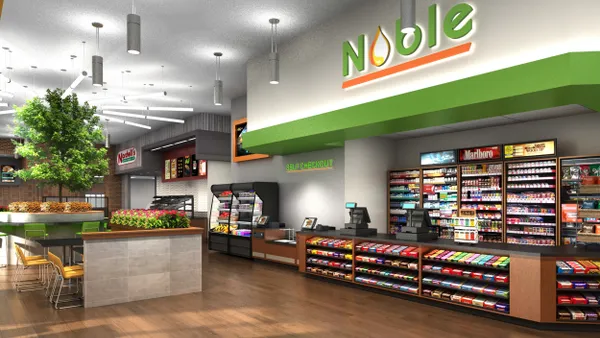Restaurant franchisors and franchisees have struggled to right their ships in the midst of economic instability, labor pressure and changing consumer habits — leading to a crop of bankruptcy filings in H1 2023.
Rising costs of borrowing and intense competition for customers have left some QSR franchisees struggling to comply with lending covenants and franchise agreements this year.
Such problems are most evident for Burger King U.S.’s franchisees. Two major Burger King operators, Meridian Restaurants and Toms King LLC, have gone bankrupt this year, citing high costs and stagnant sales. That trouble has pushed Burger King to reshape its franchising strategy and to pursue a major brand overhaul.
CKE, the parent company of Carl’s Jr. and Hardee’s, has experienced similar problems this year. Summit Restaurant Holdings, which operated 145 Hardee’s at its peak, filed for Chapter 11 bankruptcy protections in May after falling foot traffic left it unable to meet debt service and rental obligations.
In February, Corner Bakery filed for bankruptcy, as fast casual cafe chains concentrated in city centers took a beating from slow returns to offices. The company was eventually purchased by Corbak Acquisition for $12 million.
But not all the bankruptcies were caused by challenging macroeconomic conditions. It was bad luck that drove Popeye’s franchisee Premier Cajun into bankruptcy, following its owner’s untimely death in 2022.
Rice Enterprises, a McDonald’s franchisee with eight units in Pennsylvania, filed for Chapter 11 to give it “time to reduce litigation expenses,” after a lawsuit against the company alleged it hired a registered sex offender as a manager and that manager allegedly raped a 14-year-old employee.
Learn more about restaurant tech bankruptcies during H1 2023 and what they may indicate about the market’s near-term future:














